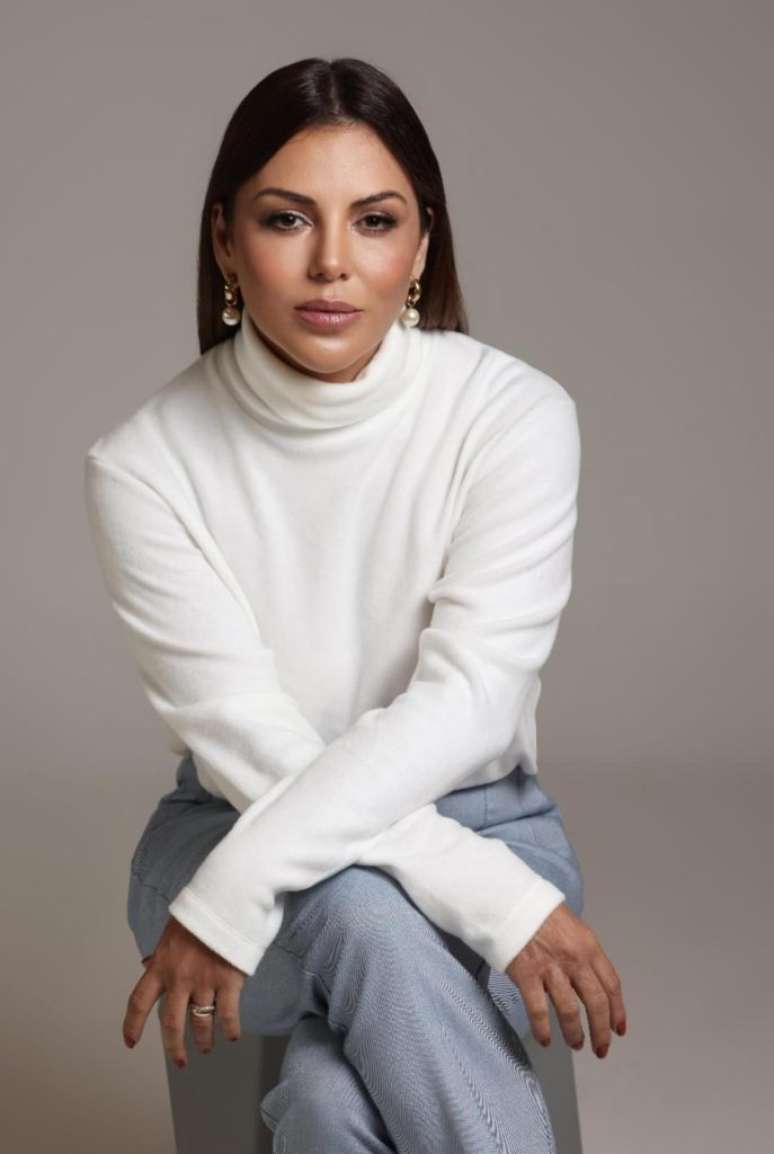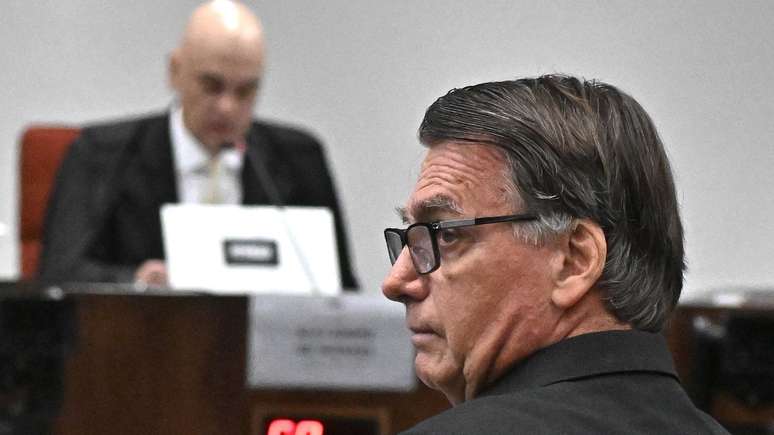In an interview with Estadão, the actress talks about Rede Globo’s Women’s Day special, “Falas Femininas,” which tackles the topic of madness and why it is pejoratively associated with women
Paolla Oliveira is on the agenda for revealing her stance on her body – such as when she refused to use filters in her photos on social media -, on motherhood – saying that, for now, she does not intend to have children, among other issues that permeate the woman’s experience. This positioning could explain her invitation to present Globo’s Women’s Day special, together with Taís Araújo. “Having Paolla, a dear friend, someone I admire greatly and whose journey I have followed very closely, by my side in this project was very special,” says Taís.
In the interview with Estadao, Paolla reflects on the stigma of “female madness” – when a woman’s word is questioned – and the situations that push her into earnest. “We ourselves fall into the trap of calling ourselves crazy,” she concludes.
Is “female madness” a pejorative stereotype that masks a larger problem: the exhaustion of women facing multiple responsibilities?
For sure. It is something forged over many years and which, culturally, has entered our minds. Ours too, because sometimes we end up falling into this trap of calling ourselves crazy, even just as a joke. But this camouflage no longer serves me. It was created to suppress the fact that we have so many responsibilities, in addition to our high sensitivity, the fact that we dominate several areas and cannot express ourselves or feel the weight of these responsibilities. Being called crazy was easier.
This makes it easier to get the woman out of the loop. No doubt, this still exists to mask other women’s problems, for sure.
At what moment in your life did you feel the craziest?
At what point did they drive me crazy, right? This made me question whether I was crazy or not… but the times I felt this way the most were when I took on different responsibilities. Like every woman, multifunctional as we are, we have needs in all aspects of life. Even though we know we can handle it. And “making it” doesn’t mean we won’t stress out, that we won’t wear ourselves out, that we won’t overdo it at some point… We were submissive.
And this happened several times. I have the impression that today, if they were in another situation, or if they were men, this stress would be considered more “plausible”, like: “it’s completely normal for it to be like this because the work is exhausting”. And they would never be called crazy! [risos].
We must realize that this female tiredness exists. Besides motherhood, there are many other issues that fall under the scope of women’s work. I don’t think this will change overnight.
Between gas lighting and the excess of responsibility that women have, in taking care of the home, work and children, which topic is the most urgent to debate?
All these issues raised by the program are extremely important. Harassment, or burnout… Gaslighting [forma de manipulação em que o agressor tenta acusar a mulher de estar louca], for example, may be the first time that many women have access to the meaning of this psychological aggression. The whole agenda of the program also leads to something much bigger, namely the problem of femicide. This agenda, which is very urgent in Brazil, begins with all the topics the program addresses.
You are considered a voice for women across Brazil. Is this responsibility also a burden? And what is the best part about being in this position?
The best part, for example, is being responsible for a program like Female speeches, which is pioneering, educational. Yes, because we need educational programs that speak to the general public, that increase and reverberate discussions like these, that go beyond our little bubbles, our little worlds… It is being able to use this influence, acquired through work, with a lot dedication, to broaden and reverberate these themes which, for me, are very important and should be debated more and more. It’s a big responsibility, yes. But it’s not a burden. In no way.
Source: Terra
I am Amanda Gans, a motivated and ambitious professional in the news writing industry. With over five years of experience in this field, I have developed an eye for detail and an ability to craft stories that captivate readers. I currently write for Gossipify, where I specialize in beauty & celebrities news. My passion lies with exploring the world of beauty through writing, interviewing experts and developing articles that are both informative and entertaining.
You may also like

Dodo Dolabella breaks the silence after being sentenced to prison
After being sentenced to prison, Dodo Dolabella breaks the silence on social networks and said

Restorante Caipira celebrates 45 years with an exclusive dish of international chefs and festivals in September
With the ribs of pigs with coffee and Rapadura sauce, the creation of chef Eduardo

While the network besides looking at Ana Hickmann bets on women’s leadership to grow on the aesthetic market
Network Aesthetics founded by Rose Lourenço and today led together with Ana Hickmann and Sabrina

If the Lord of the Lord of the Rings came out in the 80’s, here’s a video of what he could do!
On its YouTube “Demonflyingfox” channel, which specializes in retro styles in reintegration of film and

I looked and guaranteed: you will want to see these 10 Doramas more than once – the last one is completely compelling
From fantasy to romantic cliché, these Doramas are unforgettable and make you a second marathon

Bolsonaro goes to the Supreme Court for the trial?
The defendants are not required to attend the court, but the former president spoke with

Weekly Tarot: Forecast for signs from 1 September to 07, 2025
Find out what the letters to each native reveal in the next few days The


